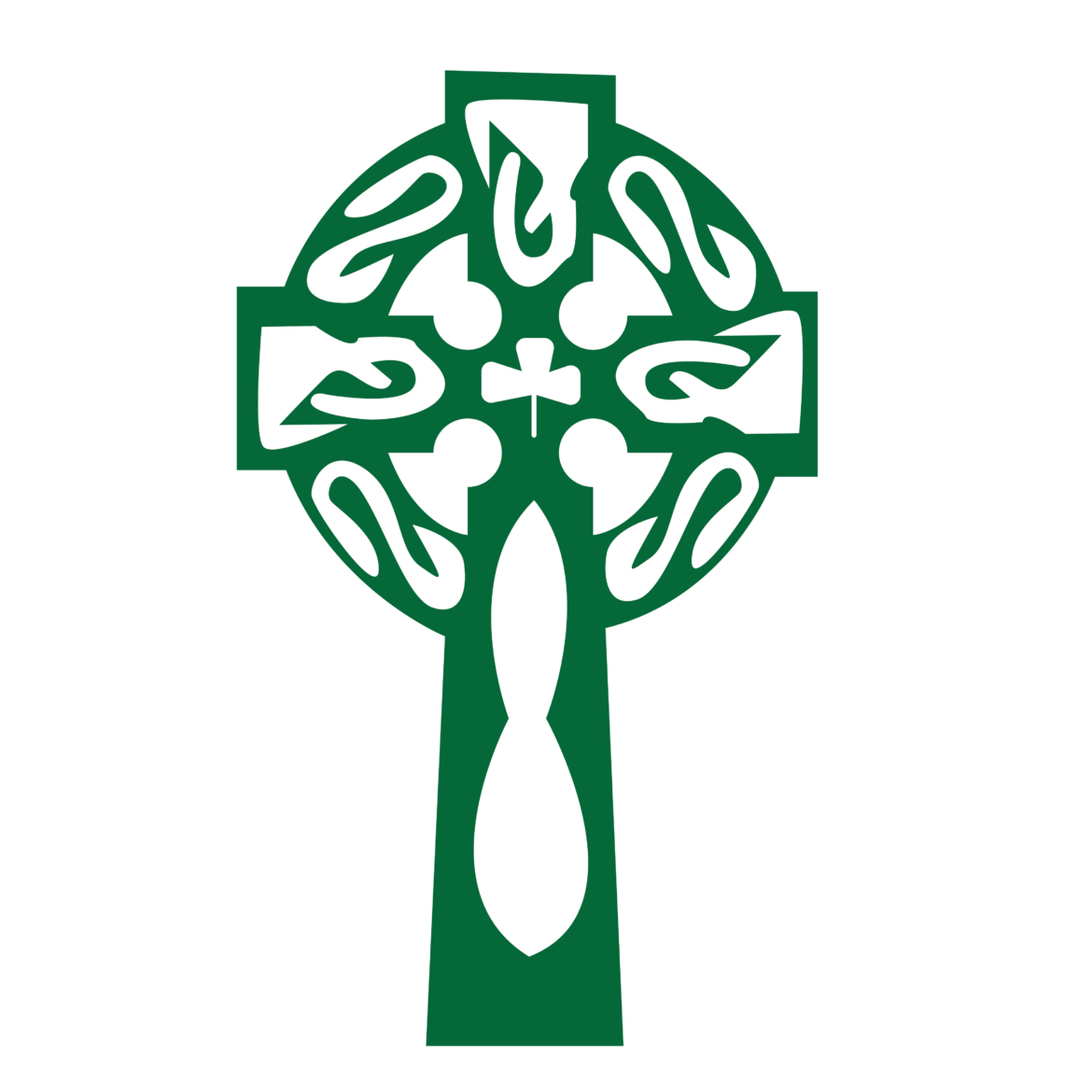Written by Sara Hook and Sophie Thibodeaux // Graphic by Cooper Turman
People across the world come together every year on March 17 to celebrate the life of St. Patrick and the arrival of Christianity in Ireland. The celebration is held on the traditional death date of Patrick, which became a feast day for several church traditions.
While St. Patrick’s Day is an Irish celebration, Patrick himself was Welsh and lived in the 400s, said history professor Julie Harris.
“Patrick had a fascinating story,” Harris said. “He was kidnapped by Irish slavers/pirates and sold into slavery in Ireland. He was there for six or seven years before escaping. Ireland was still pagan at this point, with the Druidic religion dominating the land.”
After escaping, Patrick returned to Britain, Harris said. According to Patrick’s spiritual autobiography, “Confessio,” he later felt called to return to Ireland to convert them.
“Oddly enough, though often listed as a saint and being the patron saint of Ireland, Patrick was never canonized as a saint because he lived before the process was formalized,” Harris said.
Patrick became a legendary figure in Ireland, and many stories, religious and mystical, arose about him. According to the Encyclopedia Britannica, Patrick had established many monasteries, churches and schools by the time of his death.
“Many legends grew up around him — for example, that he drove the snakes out of Ireland and used the shamrock to explain the Trinity,” the encyclopedia said.
Over time, the holiday came to be celebrated by immigrants in major U.S. cities as a more secular celebration than a religious one.
“The Irish potato famine of the 1840s brought many Irish immigrants to America,” Harris said. “They brought the holiday with them, though the religious connections are celebrated less on this side of the Atlantic.”
Many Harding students participate in St. Patrick’s Day traditions. Sophomore international business major Madison Sanders said her abroad experience visiting Ireland last fall made her look forward to the occasion.
“Seeing the famous places and the people made me excited for St. Patrick’s Day,” Sanders said. “More specifically, seeing the Book of Kells in Dublin made me appreciate St. Patrick’s dedication to God.”
Britannica, The Editors of Encyclopaedia. “St. Patrick’s Day”. Encyclopedia Britannica, 24 Aug. 2022, https://www.britannica.com/topic/Saint-Patricks-Day. Accessed 15 March 2023.
